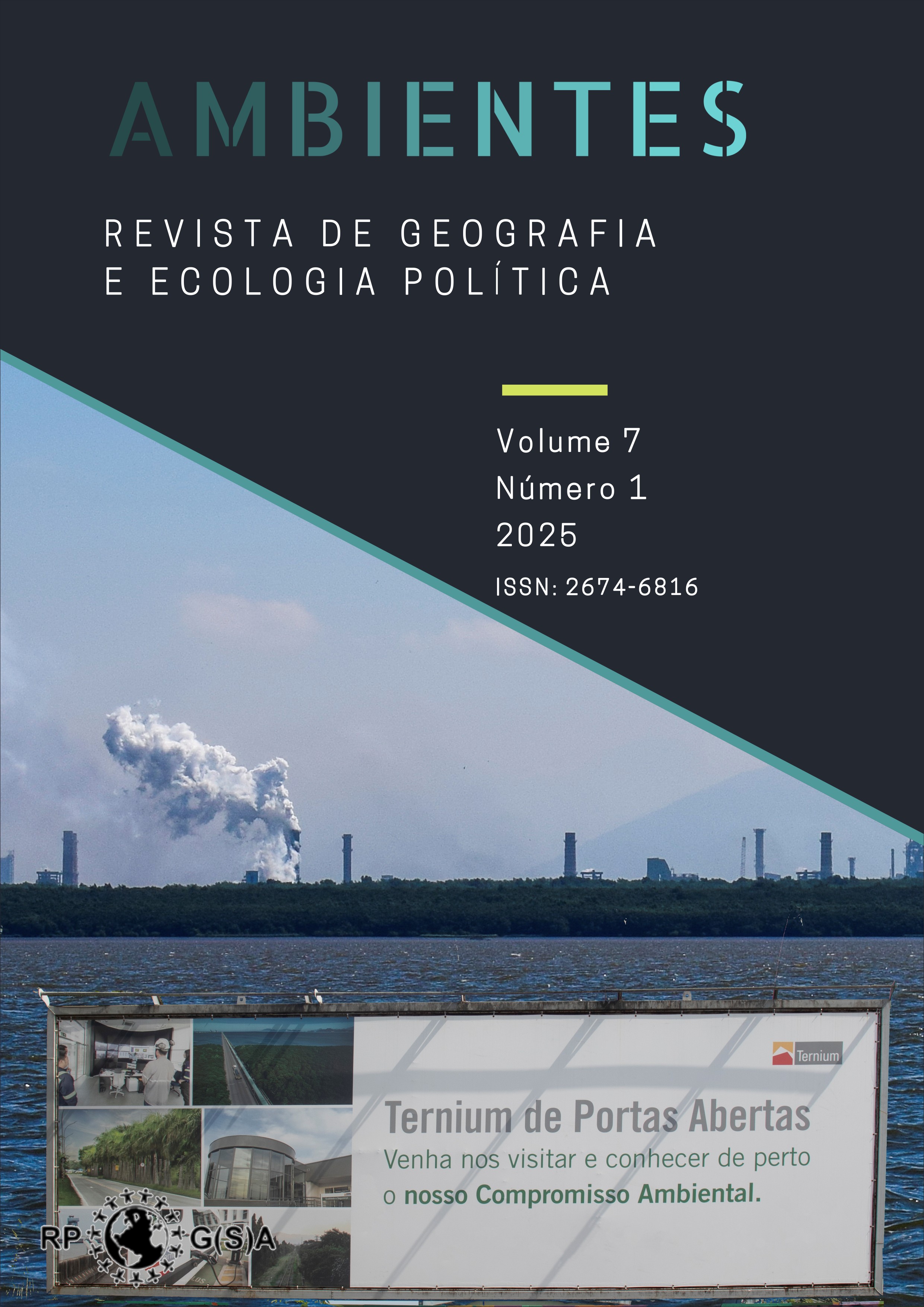Capitalismo y las políticas de resignación
DOI:
https://doi.org/10.48075/amb.v7i1.35632Resumen
Desde la década de 1990, los antropólogos han prestado más atención al Estado y la gubernamentalidad que a una de las formas de poder más influyentes de nuestro tiempo: la empresa. La falta de atención a las empresas es especialmente problemática cuando el daño que causan es evidente y sustancial. Proponemos reorientar el estudio del poder en la antropología para centrarse en las estrategias que utilizan las empresas en respuesta a sus críticos y cómo esto facilita la perpetuación del daño. Identificamos tres fases principales de la respuesta corporativa a las críticas: negación, reconocimiento y acomodación simbólica, y compromiso estratégico. En estudios de caso de las industrias tabacalera y minera, mostramos cómo las respuestas corporativas a sus críticos protegen a estas industrias de una posible deslegitimación y les permiten seguir operando en entornos normativos favorables. Por último, relacionamos estas estrategias corporativas con los sentimientos generalizados de descontento sobre el presente y la percepción de la imposibilidad de cambiar el futuro. Aunque las empresas suelen beneficiarse de las políticas de resignación, sostenemos que el descontento generalizado con las prácticas corporativas representa un importante punto de partida para el cambio social.
Palabras clave: Corporacíon; Poder; Subjetividad.
Descargas
Publicado
Cómo citar
Número
Sección
Licencia

Esta obra está bajo una licencia internacional Creative Commons Atribución-NoComercial-CompartirIgual 4.0.
Aviso de Direito Autoral Creative Commons
Política para Periódicos de Acesso Livre
Autores que publicam nesta revista concordam com os seguintes termos:
1. Autores mantém os direitos autorais e concedem à revista o direito de primeira publicação, com o trabalho simultaneamente licenciado sob a Licença Creative Commons Attribution que permite o compartilhamento do trabalho com reconhecimento da autoria e publicação inicial nesta revista.2. Autores têm autorização para assumir contratos adicionais separadamente, para distribuição não-exclusiva da versão do trabalho publicada nesta revista (ex.: publicar em repositório institucional ou como capítulo de livro), com reconhecimento de autoria e publicação inicial nesta revista.
3. Autores têm permissão e são estimulados a publicar e distribuir seu trabalho online (ex.: em repositórios institucionais ou na sua página pessoal) a qualquer ponto antes ou durante o processo editorial, já que isso pode gerar alterações produtivas, bem como aumentar o impacto e a citação do trabalho publicado (Veja O Efeito do Acesso Livre).
Licença Creative Commons
Esta obra está licenciada com uma Licença Creative Commons Atribuição-NãoComercial-CompartilhaIgual 4.0 Internacional, o que permite compartilhar, copiar, distribuir, exibir, reproduzir, a totalidade ou partes desde que não tenha objetivo comercial e sejam citados os autores e a fonte.


